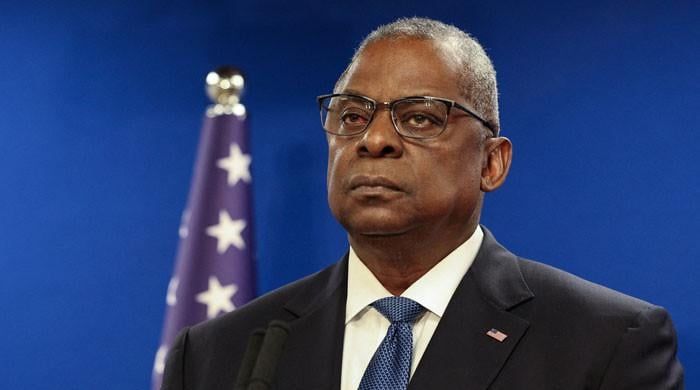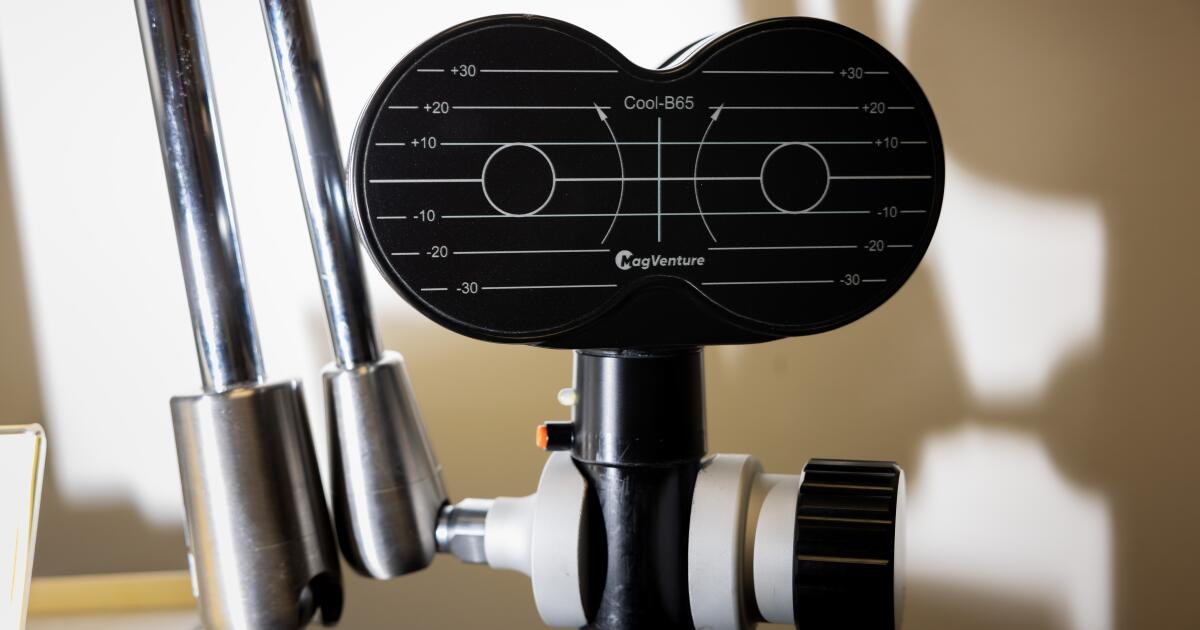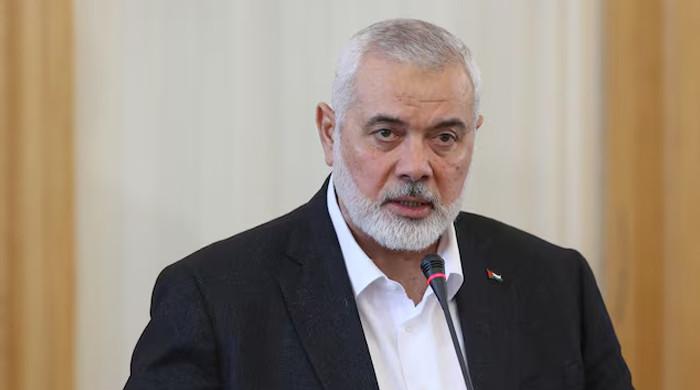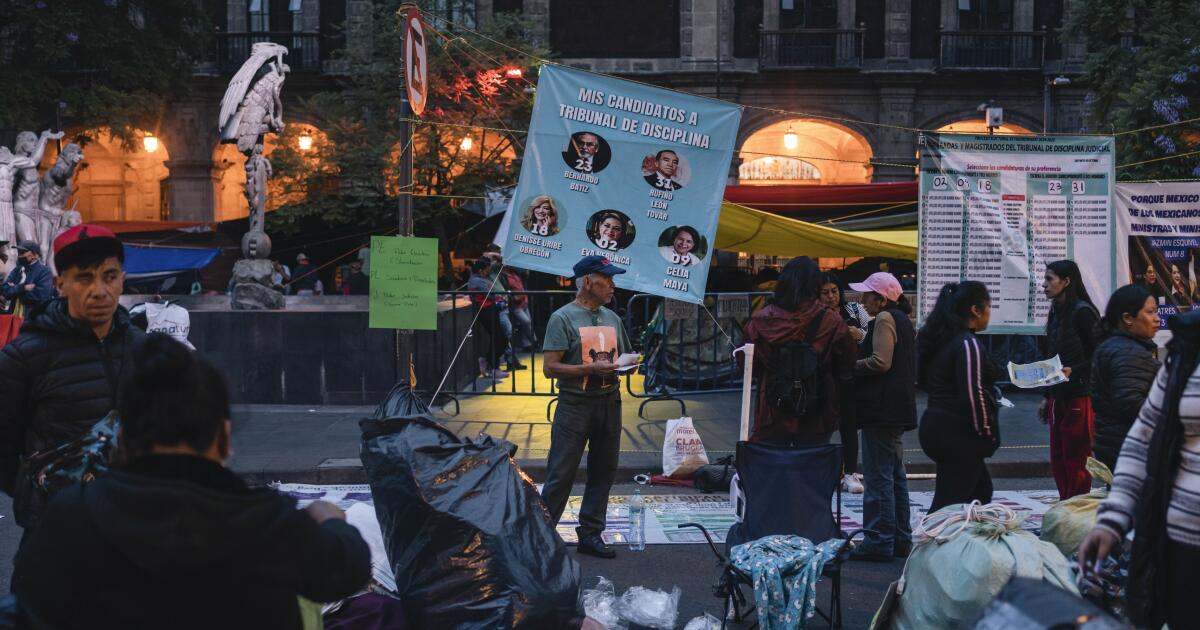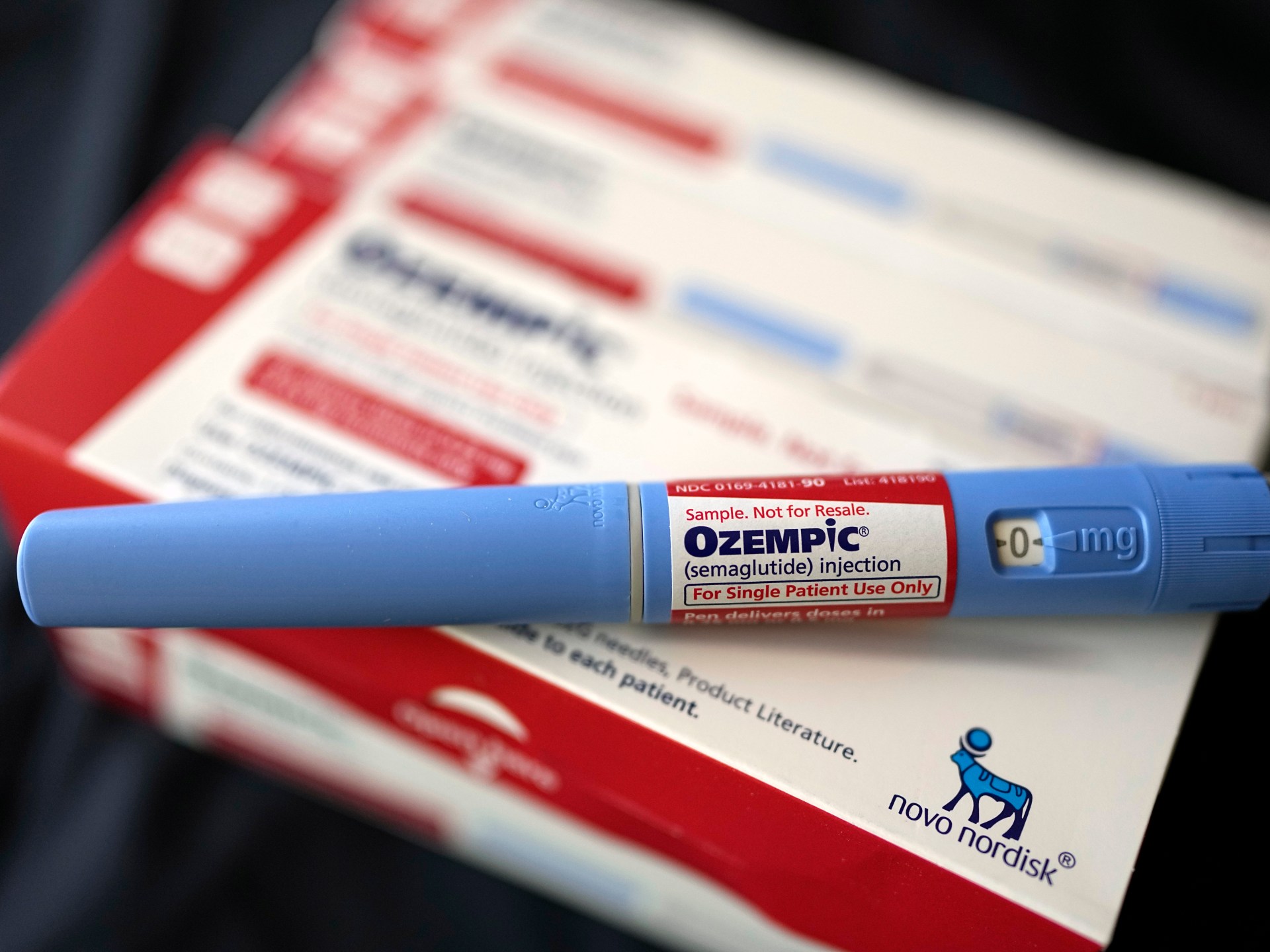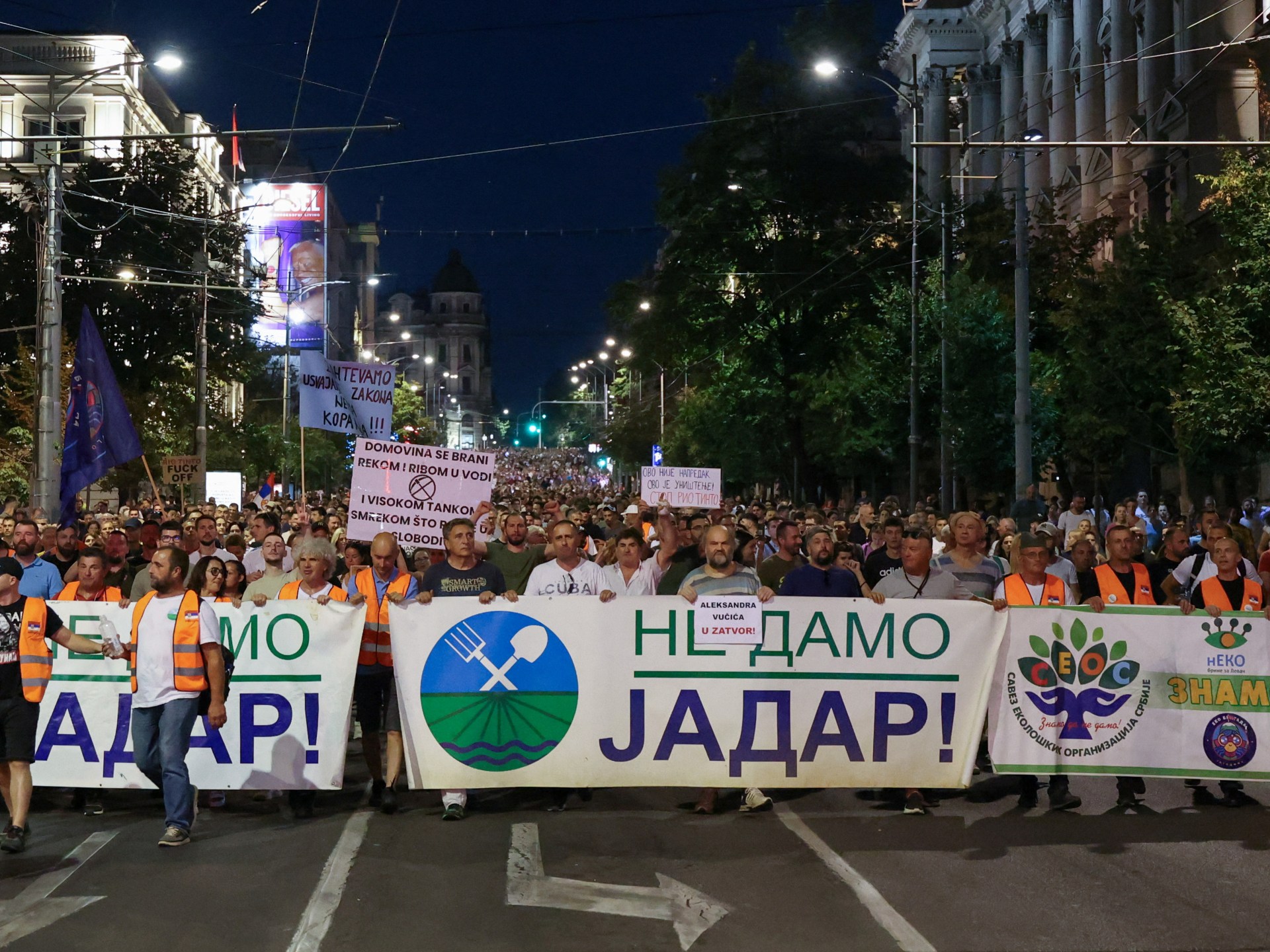“We're trying to be a little subtle,” a federal employee asked the 911 operator.
Audio of a 911 call requesting an ambulance for US Defense Secretary Lloyd Austin has revealed that a federal employee working for Austin asked the operator to keep the ambulance discreet.
Austin was recently transported from his home in Virginia to Walter Reed Hospital after suffering complications from surgery to treat prostate cancer, but neither President Joe Biden nor anyone else knew about it. But how?
The call, which was obtained by US news agencies through a Freedom of Information Act request, was made on January 1 and revealed that a federal employee working for Austin asked the ambulance operator to go “ subtle”. ABC News reported.
“Can I ask that the ambulance not come with lights and sirens? We're trying to be a little subtle,” the employee said.
Local law states that ambulances must operate sirens and lights on main roads, but are not required to do so on secondary roads.
The 911 call was made at 7:15 pm from Austin's home when he was described as awake, alert and oriented. An ambulance arrived seven minutes later, at 7:22 p.m.
Austin, who underwent elective surgery on Dec. 22, was hospitalized on New Year's Day due to complications. After a two-week stay, he was released Monday.
His department faced criticism for keeping the nation in the dark about his hospitalization and not disclosing it to President Biden, who has used this error in judgment as a weapon against the White House.
In a statement announcing Austin's discharge from the hospital, the Department of Defense said: “The Secretary continues to recover well and, following the advice of doctors, will recover and perform his duties remotely for a period of time before returning to full time at the Pentagon. “.
“You have full access to the necessary secure communications capabilities,” he continued.
Austin, in his statement, said he would continue to “recover and perform my duties from home” and hoped to return to the Pentagon as quickly as possible.

